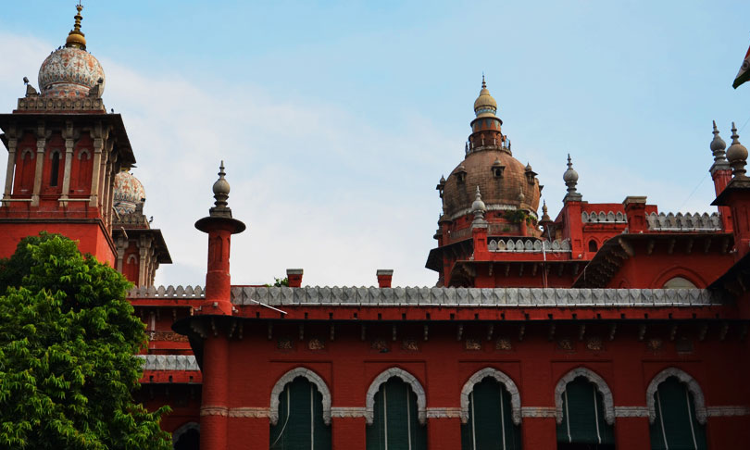S. 167 (2) CrPC| Date Of Remand To Be Included While Considering Plea For Default Bail: Madras High Court Reiterates
Sebin James
8 Feb 2022 9:52 AM IST

The dictum in the matters of personal liberty of an accused is not to be too technical and be in favour of personal liberty, the court observed.
Next Story


